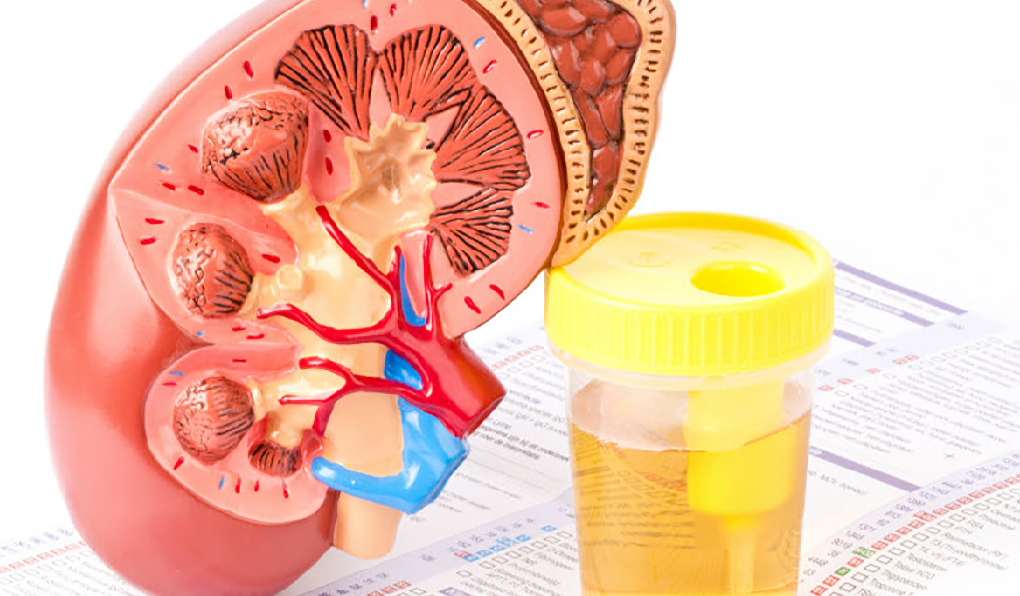A range of kidney disorders and diseases can be detected by the scientific analysis of the individual’s urine. It’s critical to get high quality samples from the patient, in order to make an accurate assessment of the health of the person.
Depending on the type of analysis requested by the doctor, it’s important to get the right results. A sample can be collected directly at the lab, thereby giving maximum accuracy when measuring the urine. A microscopic examination of a urine sample as well as a dipstick test may be leveraged when testing for kidney disorders.
A comprehensive urinalysis can detect for a range of disorders including diabetes, infections, kidney stones, chronic conditions, etc. That’s why working with the right urine collection methodology is key.
Kidney disorders diagnosed through urine collection
A urine test is one of the more common methods of analysis, especially in the case of adults and young children. It can be used to test for several conditions, ranging from kidney specific to general health diagnosis and issues.
Urine collection can help in determining whether the patient has diabetic nephropathy, high blood pressure, lupus nephritis, UTIs, tract blockage, or nephrolithiasis. It’s an important method to also measure for muscle loss, as well as protein leakage into the urine. A 24-hour test may also be prescribed by the doctor in the lab to get consistent results over a fixed period.
Ensuring comprehensive collection at source
Adults may provide a direct sample to the collectors present at the laboratory while remaining compliant with the protocol provided. Tests such as albumin-to-creatinine ratio, microscopic tests, and dipstick tests, can help in determining kidney issues via the urine. The right time of collection may be prescribed by the doctor directly or be directly communicated with the testing lab.
When it comes to babies or young children, a plastic diaper may be a mechanism through which the urine is collected. This can be extracted at the source, and the diaper may be cut open to collect the sample directly from the infant. These strategies can be deployed to test for kidney disorders in younger children.
A disposable urine collector may also be used, by affixing it to the perineal region of the patient. The plastic collector can ensure that there is no spillage and that the process is streamlined to ensure maximum comfort. Transference to a lab-secure urine bottle is key as well. Collectors need to ensure that the sample, in its entirety, is deposited into bottles that are labelled correctly with the right patient information.
Additionally, it’s important to maintain compliance to best practices when the sample is being transported from one lab to another. There shouldn’t be any mixing of the samples, reusing of bottles, or spilling associated with any of the samples.
Necessary medical precautions during testing
There are several medical precautions that all testers, collectors, and processors need to follow throughout the cycle, while adhering to the best practices. The detection of kidney diseases can be affected if there has been contamination in even a single sample collected.
Urine testers need to be fully covered, so that they don’t affect the samples by accident. This includes wearing disposable surgical caps, latex gloves, and lab coats that protect the wearer. Testers also need to be highly qualified in the handling and analysing of the samples of the patient.
Medical centres need to also leverage cutting-edge technological solutions when analysing critical samples, while following the necessary safety protocols. The safety protocols for all medical equipment is available to the medical buyers when they source from high quality stores.
Medical buyers should also opt for a high-quality urine collection bag, sourced from the top markets in India such as Smart Medical Buyer. This will ensure maximum comfort and flexibility while leveraging the product’s capabilities.
There may also be special cases, wherein an hourly sample may be needed to check for kidney disorders. In this case, it’s critical to maintain a high standard of collection, leveraging the right strategies to acquire the specimen at source. The samples must also be stored in a cool and dry place, where they can be studied without external contaminants.




